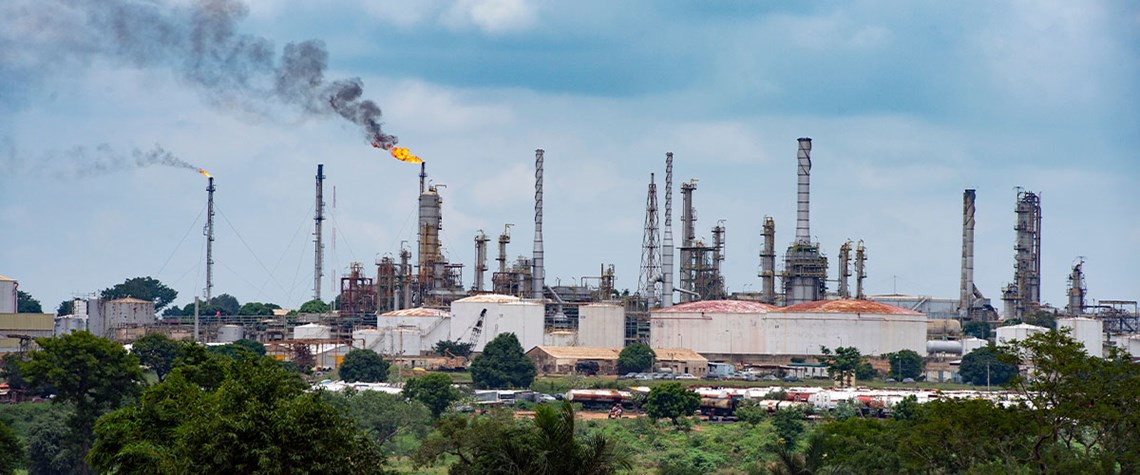Nigeria adapts to end of fuel subsidies
The withdrawal of discounts has already severely impacted domestic product demand and bolstered long-stalled refinery refurbishment projects
Nigeria relies heavily on imports for most of its refined fuels due to the prolonged neglect that led to the closure of local refineries. Until the removal of subsidies this year, the cost of providing discounted fuels was enormous. NNPC expended a staggering NGN4.39t ($5.3b) on petroleum subsidies in 2022, equating to an expenditure of more than NGN365b per month. At the same time, although the country’s oil production is gradually rebounding, it continues to be hindered by crude theft and pipeline vandalism. Statistics indicate that 48.6% of Nigerians relied on generators as of December 2021, although this figure decreased to 40% in 2022, representing approximately 60m people, according to

Also in this section
24 October 2024
Producers in the region see significant gains to be made by boosting output using the infrastructure already in place
23 October 2024
Markets have seen no material disruption from the war so far, but as the fighting goes on it is a matter of when, not if
23 October 2024
Majors in the region are pushing boundaries and could see significant upside, but longer-term risks remain
22 October 2024
Angola is unlikely to meet the official timeline for an IPO of state-owned oil giant Sonangol in 2026







